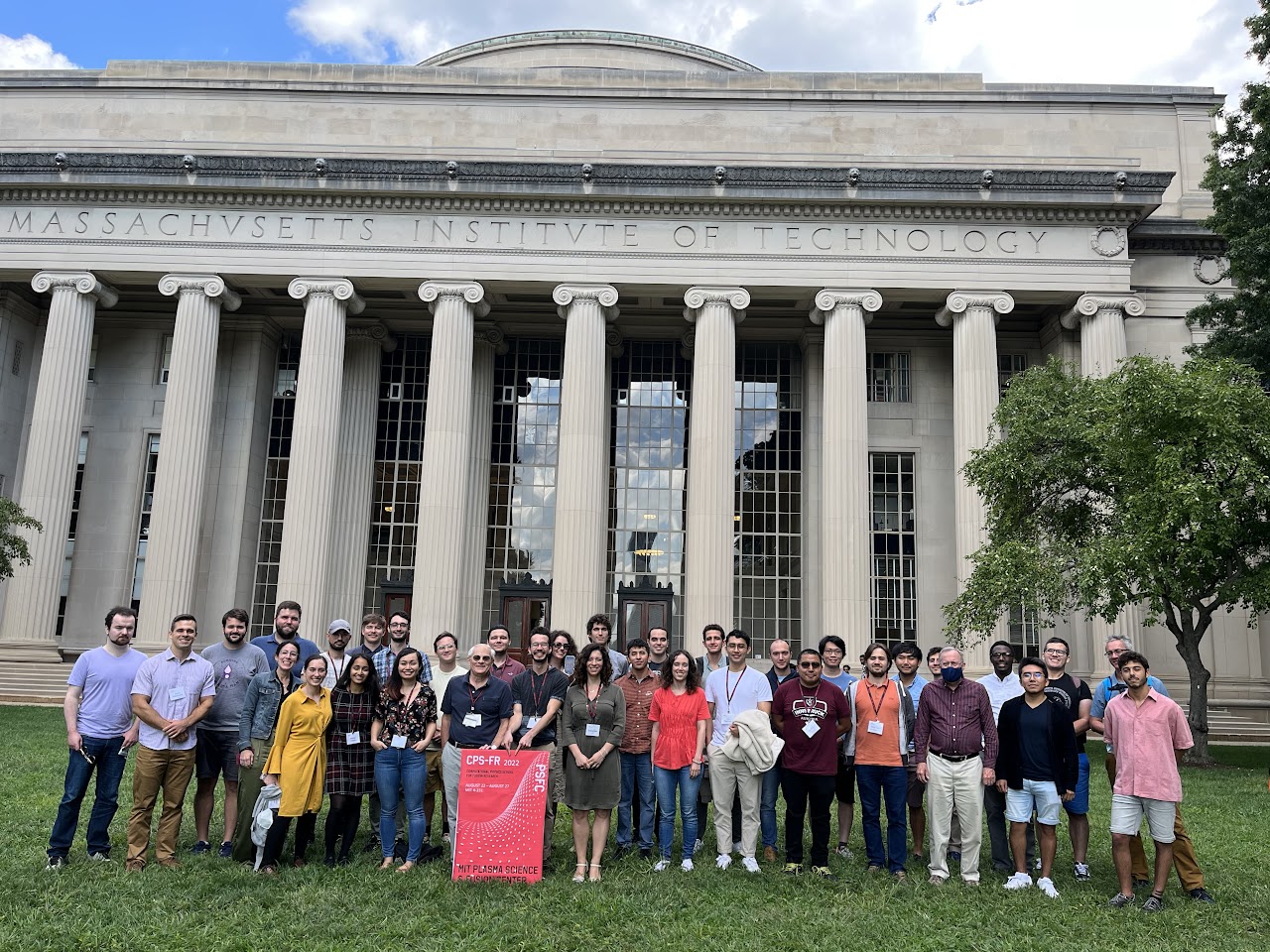PSFC hosts the 3rd Computational Physics School for Fusion Research
The successful annual program reaches its third edition
This story originally appeared on: psfc.mit.edu

The Plasma Science and Fusion Center (PSFC) hosted its 3rd annual Computational Physics School for Fusion Research (CPS-FR) the week of August 22. Sponsored by the Department of Energy Office of Sciences, the summer school provides instruction in such topics as high-performance computing, parallel programming, computational statistics and machine learning, presented by a selected pool of experts from MIT, Intel, Virginia Tech, Harvard Center for Astrophysics Institute, Argonne National Laboratory, Davidson College, New York University, Swiss Plasma Center and Max Planck Institute of Plasma Physics.
The program was first offered in 2019, led by research scientist Cristina Rea and an organizing committee, who saw the need for a structured presentation of computational tools that are important for enabling research, but which are not typically offered in Plasma Physics and Nuclear Engineering classes. Plans for a program in 2020 were derailed by the uncertainty surrounding COVID; and a 2021 class ultimately had to be presented virtually.
Rea notes that while it did not have the immediacy of an in-person event, the virtual school did allow broader participation, and produced a trove of recorded Zoom talks now available on YouTube. It also forced the school to reduce the topics discussed and the length of lectures, to fit CPS-FR into one week of Zoom meetings.
“This year we could feel a palpable excitement about being back in the classroom, in person, without virtual borders between the lecturers and the participants of the programs,” says Rea. “We felt that the interactions were much more spontaneous, and lecturers did a good job at pacing themselves to keep all participants onboard.”
Responding to student feedback from previous years, the course expanded its parallel programming pillar and pushed lecturers for more guided discovery and hands-on training during the week. It also offered a poster session where students could showcase their research and establish potential collaborations.
Rebecca Masline, a PhD candidate at the University of California San Diego, was impressed that the classes were accessible to students at all levels of experience.
She notes, “As a physicist who has had to learn a lot of the computation-side of things on my own, this school offered practical, working knowledge that will be helpful for me in everything from debugging to development that was very accessible for someone without formal training in computation. Before the school even ended, I was already writing down ideas of how to implement and incorporate the new skills I learned into my own research.”
The committee plans to offer a fourth CPS-FR at the end of summer 2023. Applications will be open in April-May 2023.
Enjoy Reading This Article?
Here are some more articles you might like to read next: